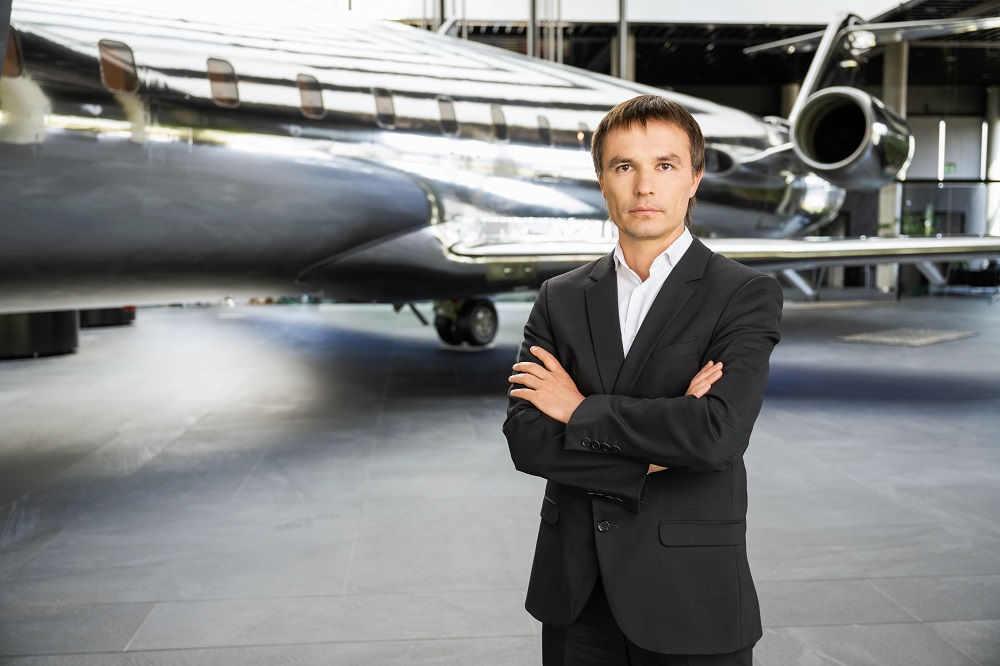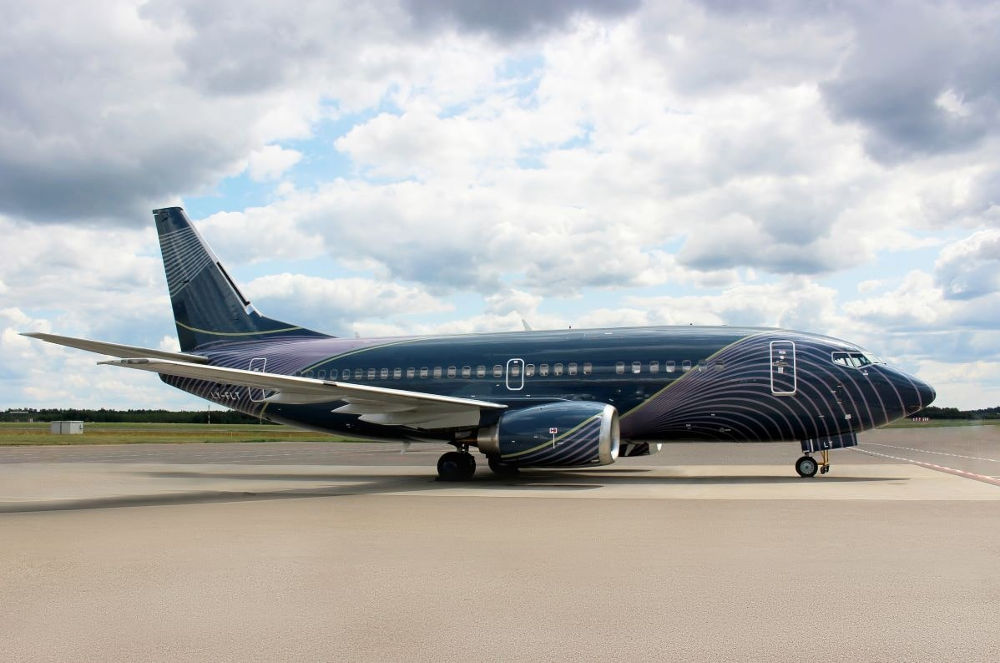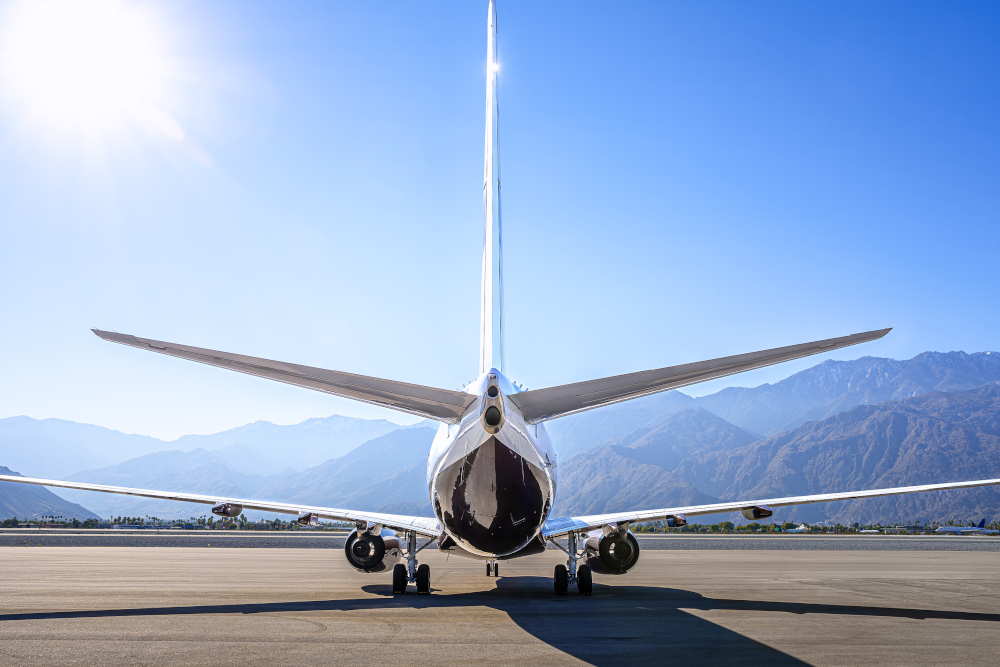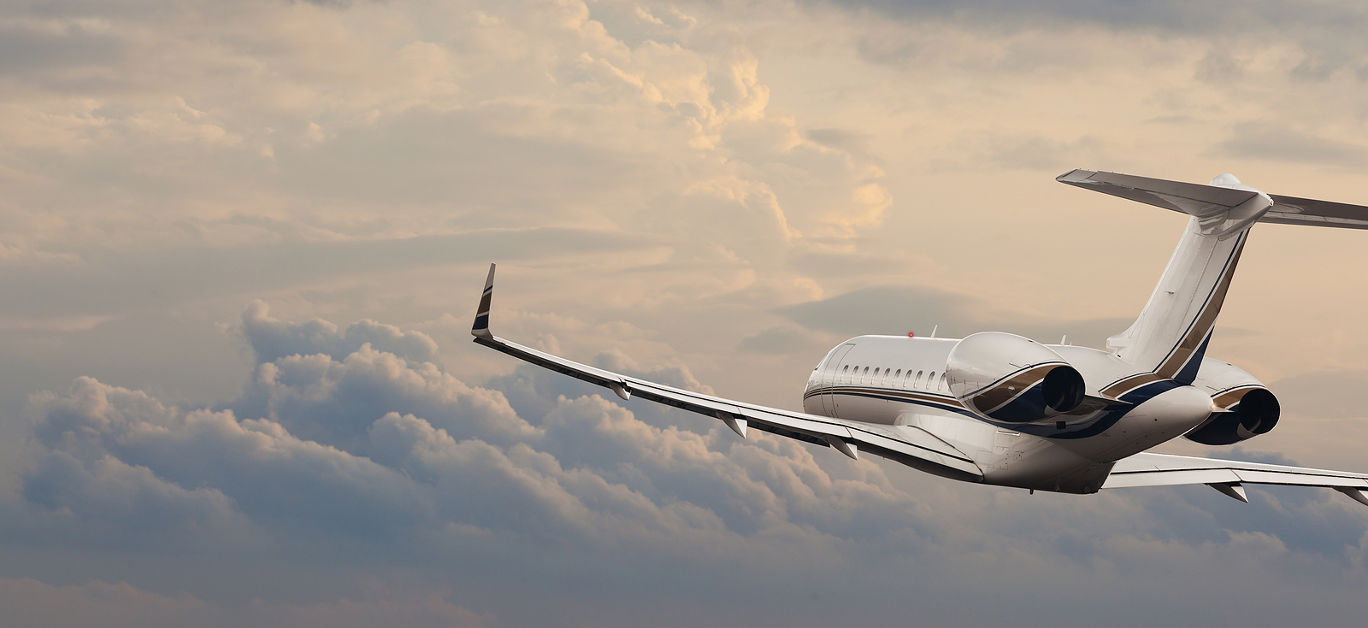The global private jet charter services market size is estimated to be at $15.27 billion in 2024, and, according to Mordor Intelligence, is expected to grow at a CAGR of 13.92 per cent for the next five years. The segment is not only prospering but also changing and attracting new clientele. And it is about time that private and business jet travel shook off the label of just being a celebrity indulgence. So says Justinas Bulka, CEO of KlasJet, an exclusive private and corporate flight charter company, as well as an ACMI leasing service provider, and part of Avia Solutions Group.
Focus on sustainability – both a challenge and an opportunity
In 2023, the aviation sector saw strong signs of recovery, with the remnants of post-pandemic restrictions being lifted across the world. However, the war in Ukraine and the subsequent closing down of airspace over Russia, the Hamas-Israel conflict, and a general sense of geopolitical instability around the world added its fair share of challenges. And while the commercial aviation sector continued an upward growth trajectory, private aviation saw an understandable correction and the normalisation of demand.
In Europe, governments are becoming increasingly sensitive to sustainability. Even though the private aviation sector is accountable for just 0.02 per cent of greenhouse gas emissions, the sector continues to be under heightened scrutiny. Austria, France and the Netherlands have all expressed the desire to curb the impact of private jet travel on the climate. We already see first signs of this change, for example, Amsterdam’s Schiphol airport announcing plans to ban private jets altogether.

In its most recent 41st Assembly, the International Civil Aviation Organisation (ICAO) established a new baseline for the Carbon Offsetting and Reduction Scheme for International Aviation (CORSIA), setting it at 85 per cent of the emissions levels recorded in 2019. This adjustment applies from 2024 through to the scheme’s conclusion in 2035, marking a considerably more stringent target than initially anticipated. Notably, this decision has garnered substantial support from the industry, including from private aviation charter companies.
“Ultimately, while pressure from both regulators and society poses its fair share of challenges, it encourages the industry to put an effort into reducing emissions,” Bulka tells LLM – Luxury Lifestyle Magazine.
Shifts in geography and markets
According to Bulka, his company saw twice as many orders in the summer of 2023 than in the same period in 2022. This observation is reflected in the general market trends. In fact, the use of private jets in Britain has soared by 75 per cent in recent years, with a flight taking off every six minutes from a UK airport last year, according to research conducted by Dutch consultancy CE Delft. And while Geneva and Nice might have been the top destinations of recent years, the nature and the geography of the business is changing.

“We have noted significant growth across all regions. Europe was almost twice as active last summer as it was in 2022. The Middle East and North Africa was and is very active and with major investment in infrastructure, this growth will only continue. Africa is booming, especially countries like DRC, Nigeria, and South Africa, where charters are usually the only viable option for business travel,” Bulka shares.
Private starts to feel like a misnomer
One of the most visible trends, according to the KlasJet CEO, is the growing number of larger groups chartering flights. Chartered flights carrying delegates to trade shows, executives to company retreats, or even groups of friends to major events are becoming more common. The pandemic showed a new clientele the possibility to book private jets at comparatively affordable rates. It is no wonder that, according to JETNET iQ, 80 per cent of surveyed operators predict growth in charter and fractional operations.
“We’re noticing that our 56-seater is getting fewer requests, whereas larger jets capable of carrying up to 80 passengers receive more inquiries from customers travelling in groups. From religious pilgrimages to once-in-a-lifetime events happening at another part of the globe, there’s an increasing number of use cases for chartered flights,” Bulka explains.

He hopes that the growing diversity in terms of customers will change the public perception of private aviation. With more education, it could shift from being understood as a luxury accessible only to the 1 per cent to being perceived as a viable mode of transportation.
AI and AR/VR hype no match for quality service
While aviation is often seen as a trend-setter in terms of tech adoption, it might be hesitant to jump on the latest bandwagon, and with good reason. If artificial intelligence was the buzzword of 2023, with the commercialisation of augmented reality technology in the form of Apple Vision Pro, AR/VR might take over the mantle this year. While this level of entertainment might seem like the perfect fit at first glance, Bulka says there are good arguments against it.
“While services like internet-on-board are usually expected by clients, more novel forms of entertainment don’t really fit the private jet experience. On average, our flights take under 3 hours, and there is no need to create additional distractions. We often have clients email us asking to thank the cabin crew for their exceptional service. I doubt we’d ever get the same level of kudos for having VR goggles onboard.”






















